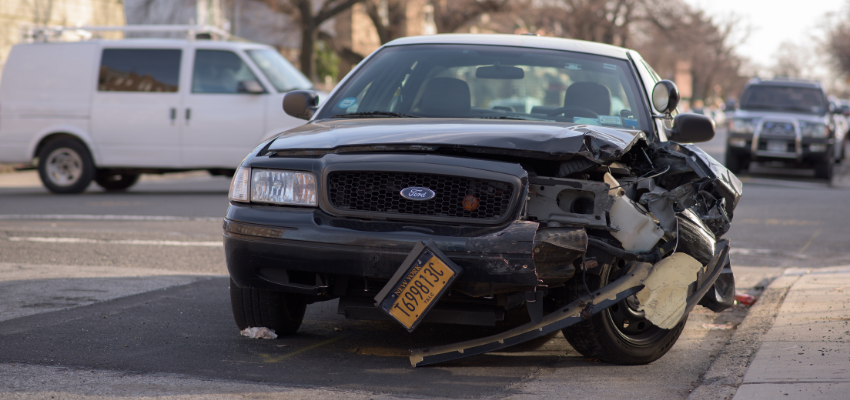What to Do at the Scene of an Accident

There is no doubt a car accident can be stressful. No matter who is at fault or the circumstances surrounding the incident, there will likely be aftereffects that can last for days, weeks, or even months. From car repairs to personal injuries and possibly filing an insurance claim, you may be overwhelmed and unsure of the next steps to take. This unfortunate experience is different for everyone, but there are several key things you can do to protect yourself. Our team is here to help and we’ve put together the following guide to help you in the aftermath of a car accident.
- Stop immediately, but do not obstruct traffic
As soon as you’re involved in an accident, stop your car. If possible, try to get out of the way of other vehicles if you’re blocking traffic or in a dangerous spot. No matter how small the accident may be and even if you don’t think there will be any damage, you’re legally required to stop if your vehicle has made contact with someone or something.
- Check for any injuries. Have someone call the police
Once you’re stopped, do a mental and physical check to make sure you and any passengers in your car are safe. Call 911 if anyone is injured. Whether an accident is considered a minor fender-bender or a major collision, calling the police is important — and in some states, it’s legally required. The responding officers will fill out an accident report and document the scene. According to the Insurance Information Institute (III), if the police can’t come to the scene of the accident, you can go to the nearest police station and complete a report yourself. When you file a claim with your insurer, they may ask for a copy of the police report to help with the claims process.
- Secure information
After making sure you and any passengers are uninjured, exchange contact and insurance information with the other driver. According to the III, here’s the most important information drivers should exchange after an accident: names, phone numbers, addresses of other drivers, witnesses, injured people, make, model and license plate numbers of all cars involved.
- Document the accident
Document the accident thoroughly by taking pictures of your vehicle from different angles, showing the damage done to both cars. It might also be a good idea to take pictures of the other car’s license plate. You may be able to share photos with your insurer during the claims process to help support your claim. Once the police arrive, get the name and badge number of all responding officers. Ask the police officers present where you can obtain a copy of the accident report. Your insurer may ask for a copy of the report when you file a car insurance claim.
- Notify your insurance company and start the claims process
Notify your insurance professional about the accident as soon as possible—the longer you wait, the harder it will be to remember the details. You may even want to call your insurance agent while you’re at the scene. That way, they can tell you exactly what they will need to in order to process your claim and what to expect during the claims process.
After the accident
In the moments following the accident, you may still be in shock, so take some time to collect yourself if needed. Remain calm, courteous and consistent in your version of the accident, and be sure not to hastily accept claim settlement at the scene.
An accident can leave even the most seasoned driver frazzled, but following these steps may help protect you from unnecessary worries. This is when all the information you collected at the scene will be useful so you can focus on getting your vehicle repaired as smoothly and as quickly as possible
We hope these tips help keep you safe in the aftermath of an auto accident. Contact your local Bearingstar agent for a complimentary auto insurance quote today.
Back to Blog